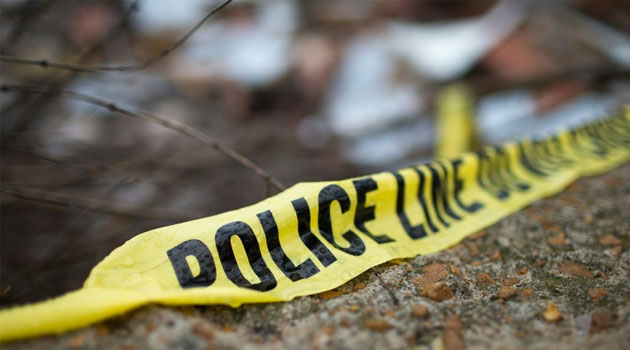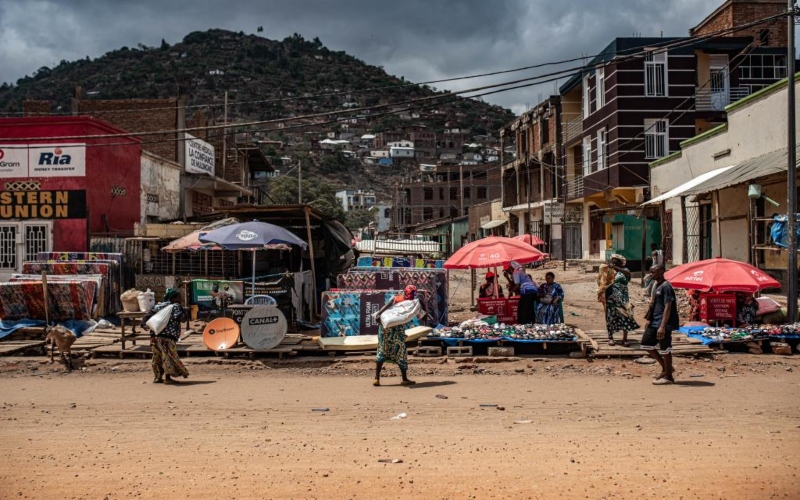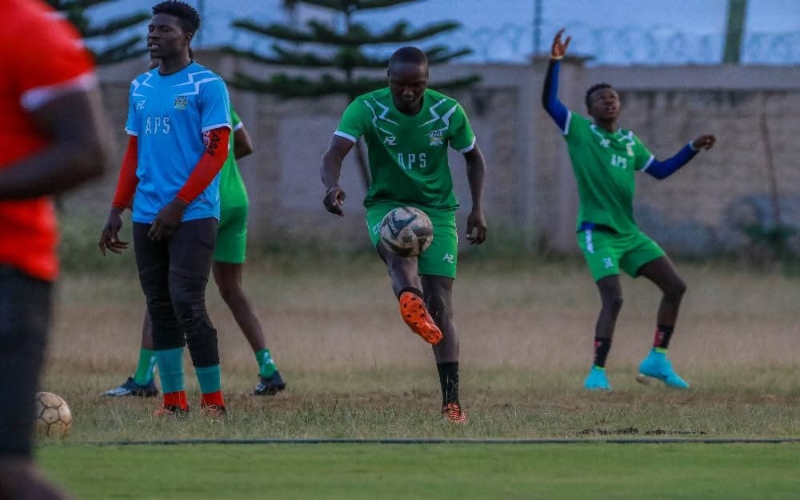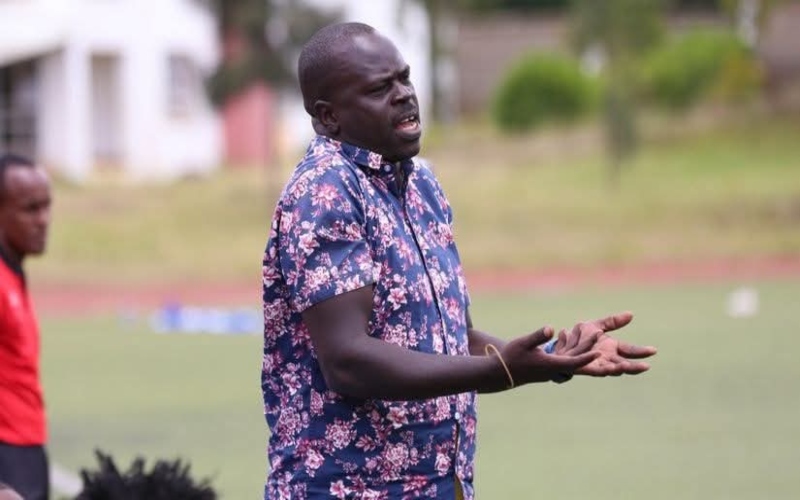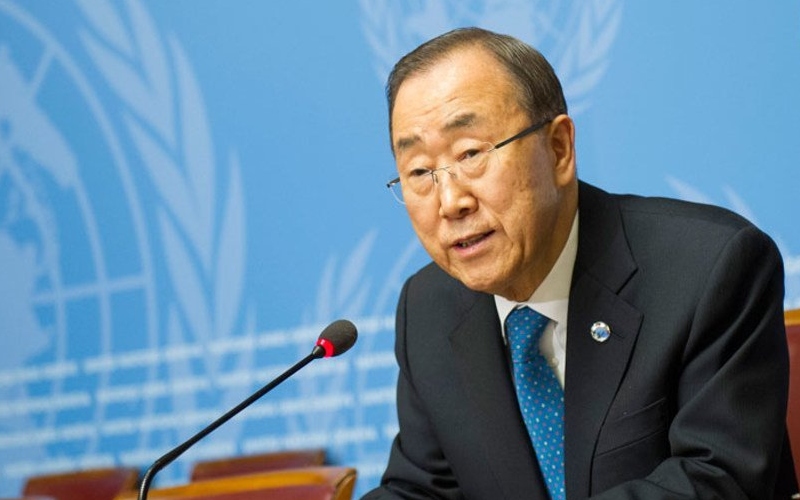Calm restored in Juba after soldiers' clash at ex-intelligence chief's home
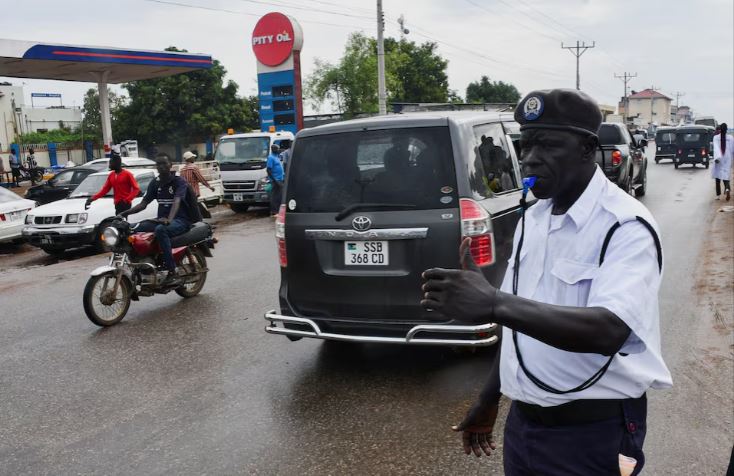
The incident, described by the national army as a "misunderstanding" between layers of security forces stationed at the home, left two soldiers wounded.
Calm has returned to Juba, South Sudan, following a heavy exchange of gunfire at the residence of former spy chief Gen. Akol Khoor on Thursday night.
The incident, described by the national army as a "misunderstanding" between layers of security forces stationed at the home, left two soldiers wounded, sparking heightened tensions in parts of the capital.
More To Read
- 1,000 weapon‑wounded patients treated in South Sudan hospitals this year - ICRC
- From silence to strength: South Sudan women leaders speak out and drive change
- MSF demands protection of civilians after deadly attack in Upper Nile State, South Sudan
- US ends Temporary Protected Status for South Sudanese nationals
- UN warns 7.5 million South Sudanese at risk of severe hunger
- South Sudan peace deal at risk amid ceasefire violations, political discord - report
South Sudan People’s Defence Forces (SSPDF) spokesperson Gen. Lul Ruai confirmed the clash, explaining that it occurred between the outer and inner security teams guarding Gen. Khoor's residence.
"There was an exchange of gunfire this evening at the residence of former spy chief Gen. Akol Khoor due to a misunderstanding between the layers of the security team protecting him," said Gen. Ruai.
"The Chief of Defense Forces rushed to the scene and calmed the situation. Investigations are ongoing."
He assured the public that the situation had been contained.
Our own two soldiers were shot and wounded in the incident. But otherwise, the people of South Sudan and those in Juba should be reassured that we have contained the situation," Ruai added.
Despite the army's reassurances, the incident caused unease in Juba.
Some businesses temporarily closed, security checks were reported in certain areas, and organisations advised staff to stay home.
House arrest
Speculation arose that the gunfire may have been triggered by an attempt to arrest Gen. Khoor, who has reportedly been under house arrest since his dismissal by President Salva Kiir last month.
On October 2, 2024, President Kiir removed Gen. Khoor from his position as South Sudan's intelligence chief, appointing him as the governor of his home state.
However, the appointment was revoked two days later, leaving the former spy chief in a precarious position and disheartening many of his supporters.
The National Security Bureau (NSS), South Sudan's intelligence agency, has been at the centre of controversy since its establishment in 2011.
Human rights organisations, including Human Rights Watch and Amnesty International, have documented extensive abuses linked to the NSS, including arbitrary detention, torture, and extrajudicial killings.
The 2014 NSS Act granted the agency sweeping powers of arrest, detention, search, and seizure with little civilian or judicial oversight.
Its detention facility in Juba, infamously known as the "Blue House," has housed political critics, activists, and civil society members.
Notable cases include the detention of Peter Biar Ajak, who later fled to the United States citing threats to his life, and businessman Kerbino Wol, who was killed by government forces after forming the October 7, 2024 Movement to advocate for marginalised citizens.
The NSS's influence reportedly extends beyond South Sudan's borders, with its spy network allegedly operating across East Africa.
One of the most high-profile cases involved the forced disappearance of Dong Samuel Luak and Aggrey Idri in Nairobi, Kenya, in 2017.
The two men were later confirmed to have been killed in South Sudan, according to a UN Panel of Experts.
The gunfire incident at Gen. Khoor's residence has reignited concerns about the role and conduct of South Sudan's security forces, particularly the NSS.
As investigations continue, human rights groups are likely to renew their calls for greater oversight of the intelligence agency and accountability for its actions.
Top Stories Today








